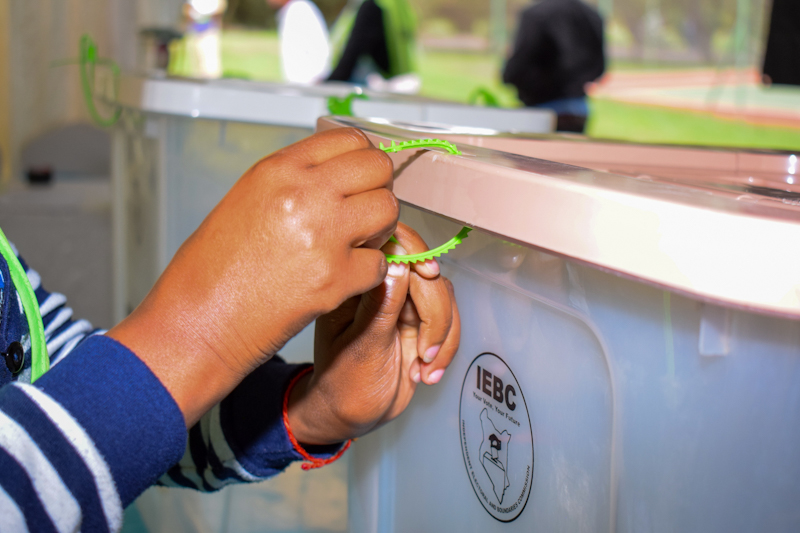A powerful parliamentary committee has thrown its weight behind tougher election laws by restoring a ban on voting in ungazetted polling stations and introducing fresh offences targeting manipulation of results and destruction of electoral material.
The Justice and Legal Affairs Committee (JLAC) reinstated a controversial clause in the Election Offences (Amendment) Bill that had earlier been removed by the Senate.
The clause had sought to make it a crime for the IEBC to conduct polls in venues not listed in the Kenya Gazette.
"There is a need to create an offence against IEBC staff to deter the conduct of an election in polling stations which are not in the gazette notice issued for that purpose," said the JLAC, chaired by Tharaka MP Gitonga Murugara.
The committee said such restrictions were critical to safeguard elections from fraud and manipulation.
It warned that allowing votes in unofficial locations could open dangerous gaps in accountability and tamper with public trust in election outcomes.
The clause was part of wider recommendations from the National Dialogue Committee to tighten electoral practices.
In addition to the ban, the Bill bars result announcements outside designated polling stations and introduces fresh penalties for IEBC officers or individuals who interfere with or alter election results.
"There is also a need to reintroduce the offence of destroying or concealing election material by a member or staff of IEBC separately from the offence of interfering with or altering results of an election," the committee’s report adds.
Those found guilty of such offences would face up to Sh1 million in fines, three years in prison, and be disqualified from holding any elective or nominated office for five years.
Under the proposed law, the IEBC must use only polling centres publicised through official channels, including print and electronic media. This is in line with Regulation 7 of the Elections (General) Regulations, which requires all polling stations to be made public ahead of elections.
But the IEBC has pushed back. The commission said the proposed offences are too restrictive and could lead to operational challenges, especially in cases where delays occur due to unforeseen circumstances.
“The offences as amended are overly prescriptive and that external factors outside the control of the commission may occasion delay in declaration of election results,” the IEBC said.
Civil society group Kituo cha Sheria has backed the tougher approach, saying it would help ensure fairer and cleaner elections.
Meanwhile, JLAC dropped another amendment that had proposed enhanced penalties for using technology to compromise election outcomes, opting to pursue that in a separate framework.
If the National Assembly adopts the committee’s changes, the Bill will go back to the Senate for concurrence. If there is no agreement, it will be referred to a mediation committee.
Otherwise, it will proceed to the President for signing.
